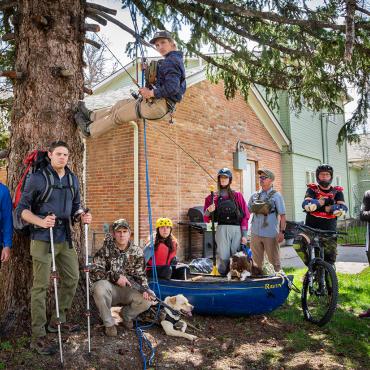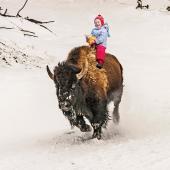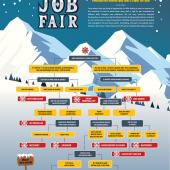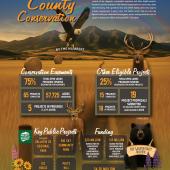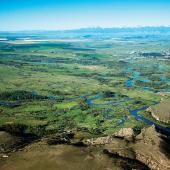Champs & Chumps: Spring 2022
It may seem silly to go looking for reasons to call people out—but the fact is, bad behavior exists, and it needs to be called out, in order to preserve the better parts of our great state. We can’t let this thing burn to the ground without making a little noise. On the other hand, there are plenty of folks out there doing their darndest, fighting the good fight. And they’re as worthy of a grateful pat on the back as the others are of a resounding kick in the crotch. So with that, we present this season’s champs and chumps.
Chumps
The Montana Fish & Wildlife Commission has built quite a resume over the last year. One would like to think that “public comment” has some actual leverage, yet, issue after issue, be it public lands or wildlife, the people’s voices go unheard. Last April, the Commission put 22 fisheries projects on hold, eight of which had been approved by the previous commission and had already undergone an environmental assessment. Then the focus shifted to privatizing wildlife, expanding shoulder seasons, and redistricting hunting regions—for what? So every bozo with a gun can obliterate our cow elk and muley does? Oh, and let’s not forget the repeal of the rest/rotation rule on the upper Madison. They received 198 public comments opposing the repeal and only 15 that supported it. What’s the logic? Or is it that the voices coming from outfitters, PERC, oil & gas, and the Montana Stockgrowers Association are too loud for them to hear everyone else? Get your ears checked, commissars, and start doing what’s right.
Champs
Of the seven regions representing Montana, Bozeman’s own Pat Byorth is the sole commissioner pushing back on his comrades’ dubious deeds. When the Commission passed the new wolf regulations, Byorth pointed out that night hunting and baiting might go against the ethics of fair chase. When the Commission decided to hand out extra elk tags to people just because they own large amounts of land, Byorth noted that the privatization and commercialization of wildlife is the “death of our fish-and-wildlife management.” When the Commission decided to expand elk shoulder seasons to National Forest lands despite undeniable public opposition, Byorth made a stand, urging his colleagues to listen, reminding them that the people are the rightful owners of wildlife. When the Commission inexplicably suspended fishery-restoration projects that had already been publicly debated and expert-reviewed, Byorth called the decision what it was: political. The list goes on. Pat, we can’t imagine the frustration you feel, but we see you, and we appreciate it. Keep up the good work.
Editor’s note: At their most recent season-setting meeting in February, the Commission showed admirable improvements in listening to public opinion; let’s hope this is the new norm.


